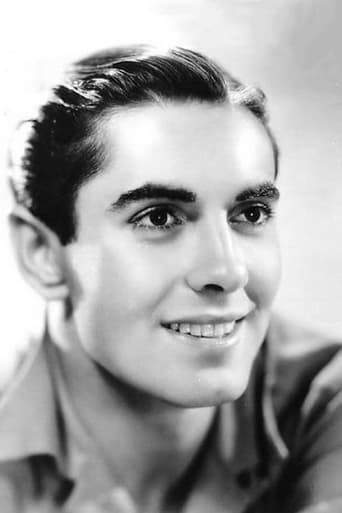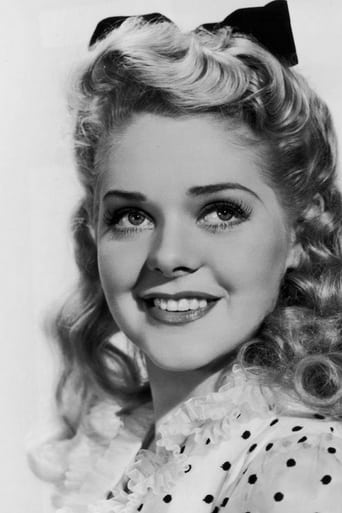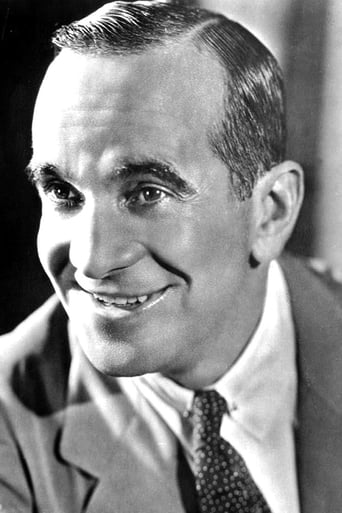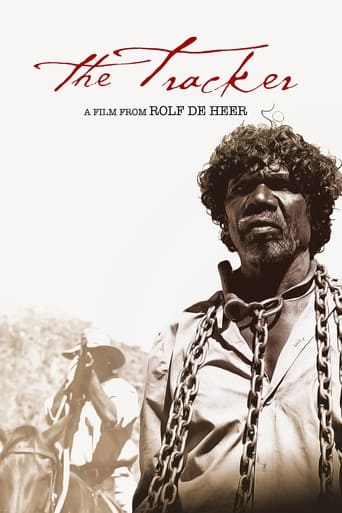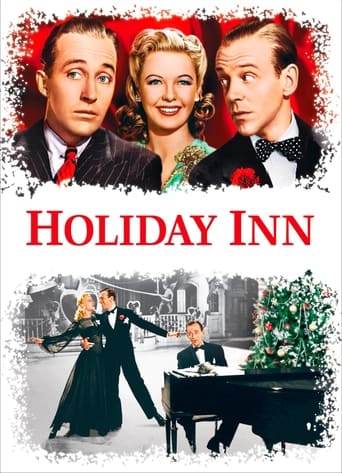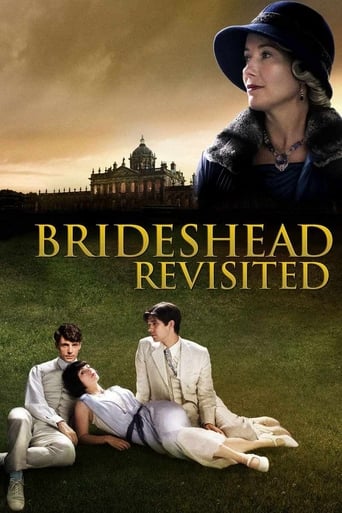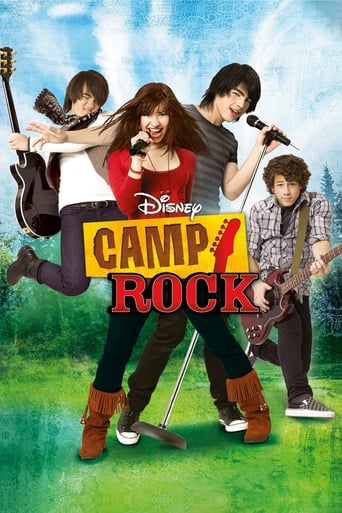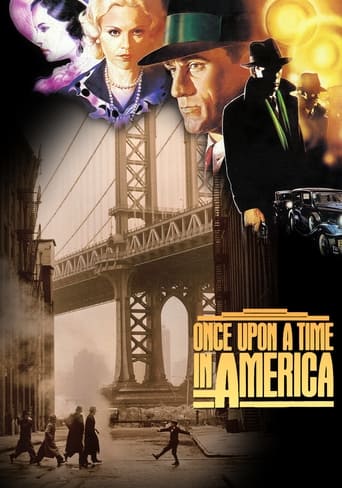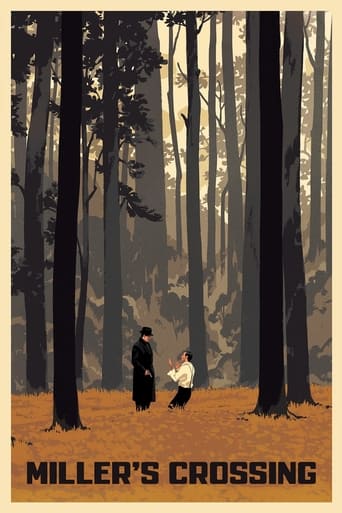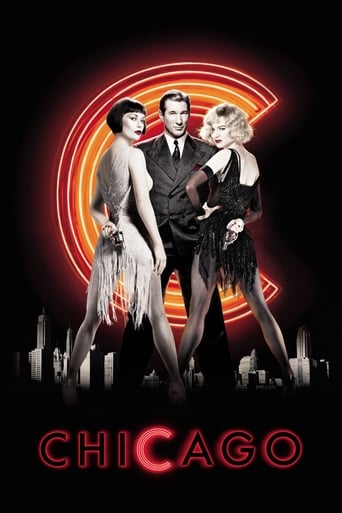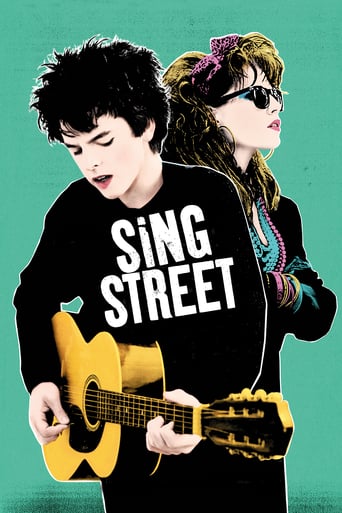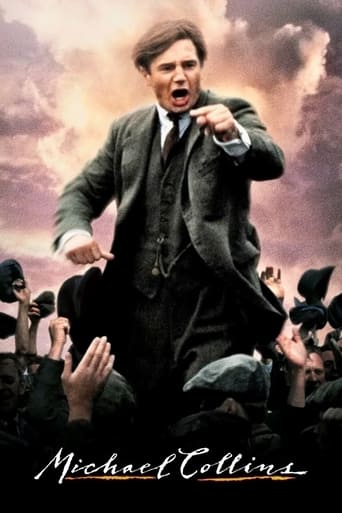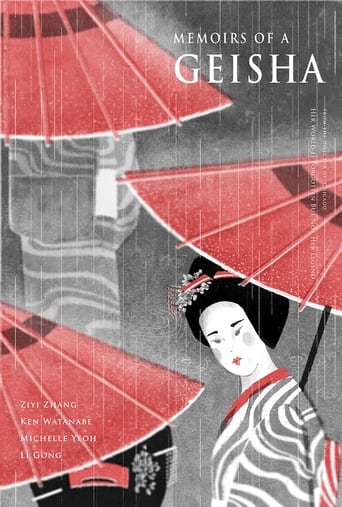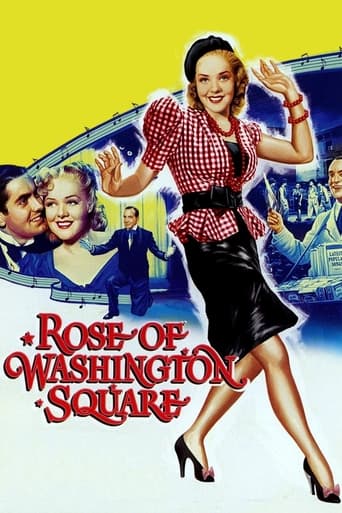
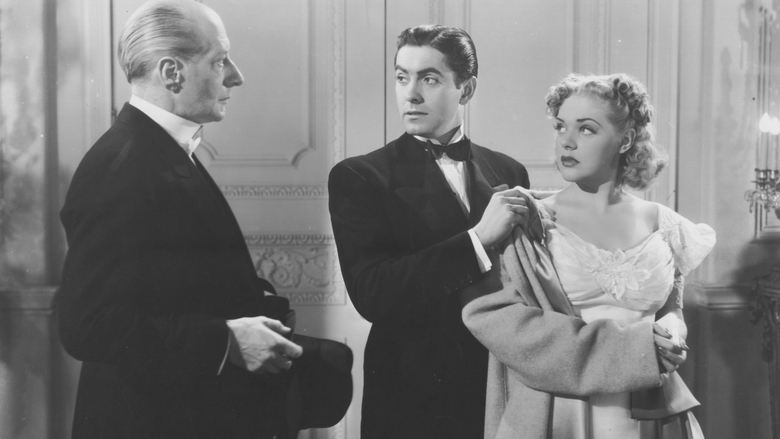
Rose of Washington Square (1939)
Rose Sargent, a Roaring '20s singer, becomes a Ziegfeld Follies star as her criminal husband gets deeper in trouble.
Watch Trailer
Cast


Similar titles
Reviews
Copyright 12 May 1939 by 20th Century-Fox Film Corp. New York opening at the Roxy: 5 May 1939. U.S. release: 5 May 1939. U.K. release: July 1939. Australian release: 10 August 1939. 7,766 feet. 86 minutes. (Available on an excellent Fox DVD).SYNOPSIS: Singer falls for a no-good gambler. NOTES: Originally Faye sang "I'll See You In My Dreams" in a New York supper club sequence. Other deleted songs were "Avalon" and "I'm Always Chasing Rainbows". Fanny Brice sued the studio for damages. The matter was settled out of court. Remade in 1968 as Funny Girl.VIEWER'S GUIDE: Difficult. Based on the career of Fanny Brice (and also partly on that of Al Jolson himself), so I would say suitable for all.COMMENT: If Love Me Tonight is one of my favorite musical comedies, Rose of Washington Square is certainly one of my top choices for musical drama. Not that there is no comedy in this movie. Far from it. In fact Hobart Cavanaugh contributes the portrayal of his career as the unwitting if ultimately very willing stooge. And Jolson plays the scenes with Cavanaugh with such panache, it's hard to realize his screen career was virtually over. Of course he also has some of his trademark songs and these he puts over with such style, Jolie is worth the price of admission alone. But despite his huge contribution to the movie's overall appeal, Jolson is only the support. It's Alice Faye's movie. And what a great performance she gives! And boy, does she knock over those songs! Power is magnetic too, giving a far more accurate and far more arresting interpretation of Nicky Arnstein than the bland and disappointingly colorless Omar Sharif. Power is a confidence man with persuasively shallow charm. Ideally cast. This and Nightmare Alley are Power at his absolute best.Every other player in Rose is as forcefully cast from William Frawley's fix-it agent through Ben Welden's sarcastically menacing Toby and Charles Wilson's nemesis of a flatfoot to Harry Hayden's frightened victim ("I've got a gun!"). Armed with Nunnally Johnson's scintillating dialogue and taking every advantage of their dramatic opportunities, many of these character people likewise hand out some of the most memorable cameos of their lives. Welden, for example, must have been cast in hundreds of movies, but this is his finest hour ("I've got to hand it to you, Clinton...")Johnson's script is a model of fine screen writing. Not only has he told the Fanny Brice-Nicky Arnstein story in a powerfully fast-paced 86 minutes (Funny Girl took a ponderous 155 to cover the same ground), but he has fleshed it out with an extraordinarily large gallery of fascinating subsidiary characters as well (aside from the swamped Streisand and soggy Sharif, I don't remember any other people in Funny Girl at all). And in addition to these miracles of arresting narrative construction, Johnson has still allowed plenty of time for some terrific standards from both Jolson and Faye, both of whom are in tip-top voice.Director Gregory Ratoff has risen nobly to the occasion. I've remarked before in Hollywood Classics that Ratoff's directorial abilities seemed to swing violently yet unaccountably from the extremely banal to the inventively brilliant from one film to another. Fortunately, Rose finds him at his most stylishly accomplished. Not only has he drawn winning performances from his players, but he reinforces the drama and comedy in Johnson's script by inspired camera placements and deft cutting. Or maybe it's ace cinematographer Karl Freund's inspired camera placements and Louis Leoffler's smooth, forceful cutting. In any case, Freund's masterful lighting of course is a major asset. And I loved the sets and costumes. Production values are lavish — and there's that wonderful 20th Century-Fox sound!
'Rose of Washington Square' is notable for being the third, and last, film with Tyrone Power and Alice Faye starring together. The previous two being 'In Old Chicago' and 'Alexander's Ragtime Band'.Comparing the three, 'Rose of Washington Square' is better than 'In Old Chicago', which had a number of impressive elements but generally left me lukewarm, but is not as good as 'Alexander's Ragtime Band', which is not perfect but a must watch for particularly Irving Berlin's glorious songs.Oddly enough, 'Rose of Washington Square' is just as notable for being a loose and thinly disguised biopic of Fanny Brice and for being a vehicle for Faye and Al Jolson. Generally, while it is never going to be one of my favourites, it's good fun.The story is very flimsy, and sometimes with Jolson's involvement it does disconcertingly at times feel like two different films. The characterisations are often undercooked, Power's character in particular is so severely underwritten that it was amazing that he was even able to get anything out of it. Power does have a roguish charm and has good chemistry with Faye, but due to his character and how he's written he's also a little bland compared to everything else. The direction by Gregory Ratoff does sometimes lack the necessary zip and is a bit too staid in places.However, 'Rose of Washington Square' is an attractive-looking film, with lavish set and costume design and beautifully shot in black and white. The music is similarly terrific, Faye and Jolson getting the lion's share. Faye sings beautifully and with heartfelt emotion and enthusiasm in her numbers, of which "My Man" is the most memorable, but Jolson's songs (some of which are among his biggest hits) make even more impact.The script is sweet and humorous, and there is a great vaudeville atmosphere throughout and scenes do have a nice energy especially Jolson's. Although there are reservations about Power, the rest of the cast do very well. Faye is luminous and sings a dream, singing every song like she knows what she's singing about and means it. Jolson is electrifying, with the film coming to life in his musical numbers. Entertaining support from William Frawley and Hobart Cavanaugh, Ben Weldan and Louis Prima are also fun to spot.In summary, good fun if not great. 7/10 Bethany Cox
Entertainment careers, romance, and petty crime mix together to create a reasonably good film, based on the real life story of Ziegfeld star Fanny Brice and her attraction to gambler Nicky Arnstein. The script changes the names, and the two leads become Rose (Alice Faye) and Bart (Tyrone Power). "Rose Of Washington Square" is a thin story connected by numerous musical numbers.The film has the look and feel of a long-ago era, specifically Vaudeville, with its eclectic mix of self-contained acts: singing, dancing, magic, and comedy. One lengthy segment features Rose singing in Washington Square, but interrupted by an unrelated act called "Igor and Tanya", an acrobatic performance not connected to anything else in the film. And then there's the stage performance wherein Rose and various dancers perform a dance that includes a magic act. As the dancing proceeds, each person brings forth a lit cigarette out of thin air, smokes it, then fetches another cigarette from out of nowhere.This tribute to Vaudeville goes into overdrive with the appearance of entertainer Al Jolson, as character Ted Cotter. This character has little or nothing to do with Fanny Brice. I think the reason he's in the script is that he represents Brice's historical era. Jolson's inclusion ignites the plot, generating real pizazz into an otherwise lazy, dreary story. All bug-eyed and in black-face, and wearing white gloves, Jolson electrifies at the plush Winter Garden Theater, with his standard songs: "Rock-A-Bye Your Baby", "My Mammy", and "California, Here I Come".Casting is mixed. Tyrone Power is surprisingly good. And I enjoyed William Frawley as a talent agent. But glamorous Alice Faye is not convincing as a stand-in for Brice. Faye does sing quite well, but I didn't care for any of her songs, with the exception of "My Man", Brice's signature number.Costumes, hairdos, and prod design all seem to reflect well the early twentieth century era. B&W cinematography, sound effects, and editing are all competent, and pleasantly unobtrusive.Without Jolson, the film would be average at best. But Jolson alone ups the entertainment value several notches, and that Vaudeville atmosphere is wonderfully nostalgic.
Very entertaining- a thinly disguised bio-pic of Fanny Brice. Power and Faye- at their acting peaks- are great as the leads. Faye is in great voice. However, Jolson steals the movie. At the age of 54, he was in the best voice of his career. His Rock- a Bye and California Here I Come are thrilling. I own the video, which also contains clips of several Jolson and Faye songs which were edited out of the final movie. a must for fans of the three stars.


